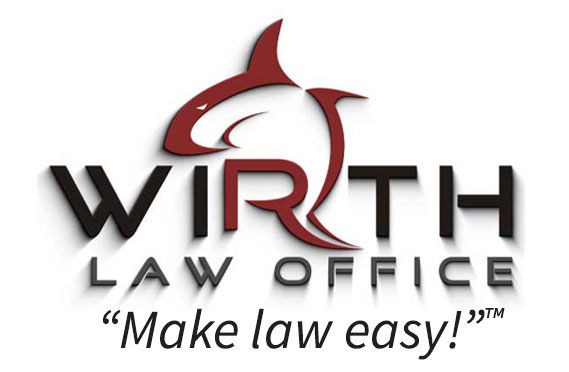 Everyone has an estate, big or small, that needs to be managed in some way. Your estate consists of all the things you own – your house, furnishings, clothes, books, cars, bank accounts, investment portfolios, insurance policies, etc. Every estate differs in complexity and composition. But one fact remains the same for everyone: we can take none of it with us when we die.
Everyone has an estate, big or small, that needs to be managed in some way. Your estate consists of all the things you own – your house, furnishings, clothes, books, cars, bank accounts, investment portfolios, insurance policies, etc. Every estate differs in complexity and composition. But one fact remains the same for everyone: we can take none of it with us when we die.
In order to ensure that your belongings are passed on to those about whom you care the most, it is important to leave instructions specifying who gets what and in what quantity, and that you do so in a manner that minimizes the costs–financial, legal, and emotional–to your loved ones.
Estate Planning?
Estate planning is an ongoing process that utilizes the creation of wills, trusts, powers of attorney and beneficiary designations to specify what happens to your estate when you die or become incapacitated.
Estate planning will allow you to exercise control over what happens to your estate in the following manner:
-
by specifying how and to whom your estate will be transferred when you die.
-
by specifying how your estate is to managed if you become unable to manage it yourself.
-
by creating instructions for your care in case you become incapacitated.
-
by providing for the transfer of your business interests upon your retirement, disability or death.
-
by naming beneficiaries of your insurance policies, banking accounts and investment portfolios.
-
by taking steps to avoid probate and to minimize estate taxes.
Who Needs Estate Planning?
Though we tend to think about it more as we age, estate planning is for everyone, not just for the old. No one can predict death, so everyone needs to take the necessary steps to provide for loved ones, minimize estate taxes and have their property disposed of in the manner they wish when they die.
Estate planning is equally as important for those with modest estates as it is for wealthy persons. In fact, good estate planning may benefit a family of modest means more than it does a wealthy family, because those with modest means can least afford the cost of probate and estate taxes.
Furthermore, estate planning should be as important to single people as it is for married couples. Unless you make arrangements ahead of time, when you die or become incapacitated, the state may appoint a stranger to manage your affairs, who most likely will not know what is most important to you and your family.
Finally, each person’s situation is different, and an individual’s best approach towards estate planning will depend on his or her particular needs and desires. An experienced estate planning attorney can assist you in selecting the estate planning options to suit your particular circumstances.
Initial Strategy Session: Estate Planning Attorney
For a low-cost consultation with a Wagoner, Oklahoma estate planning lawyer call the Wirth Law Office – Wagoner at (918) 485-0335 (or toll free at (888) Wirth-Law). Or, as always, you may enter a legal question in the form at the top right of this page.







